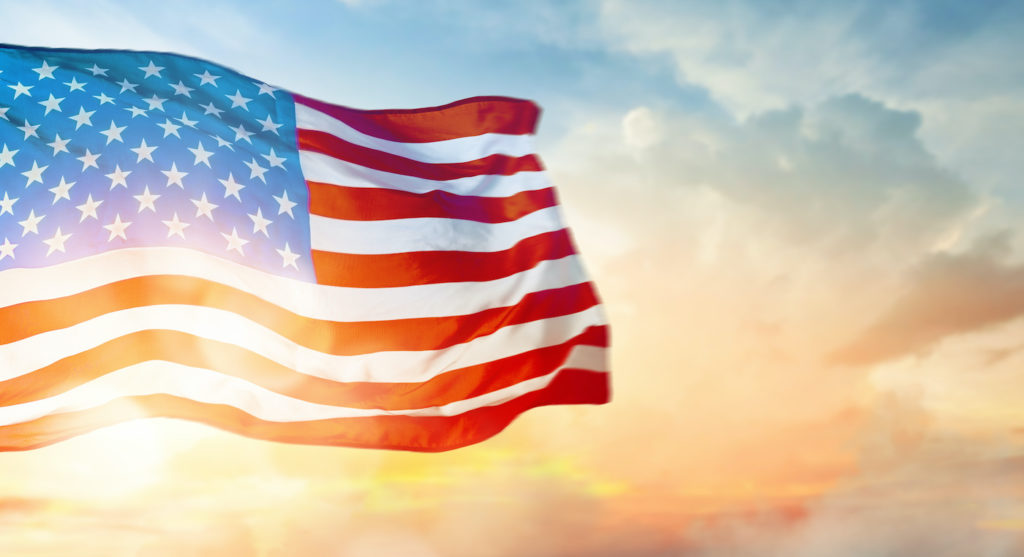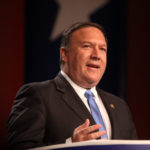It will come as no surprise to readers of Public Discourse that the journal is not enthralled with the fashion among some social conservatives for illiberalism or post-liberalism, in their various forms. Certainly we recognize that liberalism serves, in the minds of some immoderate types, as more of an anthropology or even a quasi-religion with rituals and liturgies, saints and heretics, than a sober mode of governance. We know, also, that a good many proponents of liberalism—or what they might call liberalism—are profoundly illiberal in their progressivism, and have made something of a mockery of older-style liberals, let alone classical liberals.
We remain, or at least I remain, committed to the liberal democratic order—tempered, as always, with an understanding of natural law liberalism and the moral foundations of law. Rawls is as wrong as ever, of course, but the Founders built better than they knew, and the Madisonian project allows for peace, prosperity, religious freedom, family, and individual self-governance to a remarkable extent. Like any conservative, I’m suspicious of revolution, wary of paper utopias, fear hasty social and political change, am grateful for what order does exist (for there is no guarantee of peace, prosperity, and good government), and have affection for the goods our ancestors’ effort provided. Things are not perfect, nor will they ever be, but what good there is ought to be nurtured and cherished. We need not be blind or jingoistic to be patriots and lovers of our way of life and its many benefits.
Yes, things seem out of control just now, and in many ways. Like many, I am anxious about the condition and future of the nation, and I worry if my children will emerge unscathed by the moral, sexual, and educational revolution still underway. It is not paranoid to be wary of strong men, the administrative state, and even the “common good,” when it seems that cultural trends seem likely to deliver power to our despisers, to those who view free speech, free inquiry, and freedom of conscience as obstacles to overcome rather than goods to be cherished. In such conditions, I see it as utter folly to weaken these protections. Rights can be misunderstood, and rights talk is often abused, but I’m rather glad for the protection of law. When the storm is upon you, a port—even a shabby one—is a fine thing.
Also, I’m not convinced—at all—that the post-liberals would know what to do even in the extremely unlikely situation they were handed the keys to the kingdom. I’ll take the tried and true tradition over the theoretical, to be sure.
Start your day with Public Discourse
Sign up and get our daily essays sent straight to your inbox.Sadly, but without hesitation, I admit that freedom is grossly misunderstood by many in the West. Ryszard Legutko is correct when he claims that a world of maximum freedom is nothing like the blessings of liberty. It is more like a prison. To have no obligations or duties, no legal or moral restraints, no pathways to well-being is not only impossible—thank God—but would be intolerable, not a life proper to humanity. The irrational commitment to freedom so understood is, as he claims, wretched, lonely, and miserable. Yet the solution is not illiberalism or post-liberalism but the chastened, modest liberalism envisioned by the tradition of natural law, natural rights, and American constitutionalism.
To that end, all this week Public Discourse will be republishing selected essays from Natural Law, Natural Rights, and American Constitutionalism, a project of the Witherspoon Institute that was made possible by a grant, some years ago now, from the National Endowment for the Humanities as part of its We the People initiative. (The NEH grant was administered by our colleague Dr. Bradford P. Wilson of the James Madison Program at Princeton, who assembled and edited the materials.) At a time when we have called our traditions and history into question, we provide a primer into the history of our people and our ways of properly understanding freedom and the liberal order.
I encourage you to peruse the website, to read all the essays and source documents.













